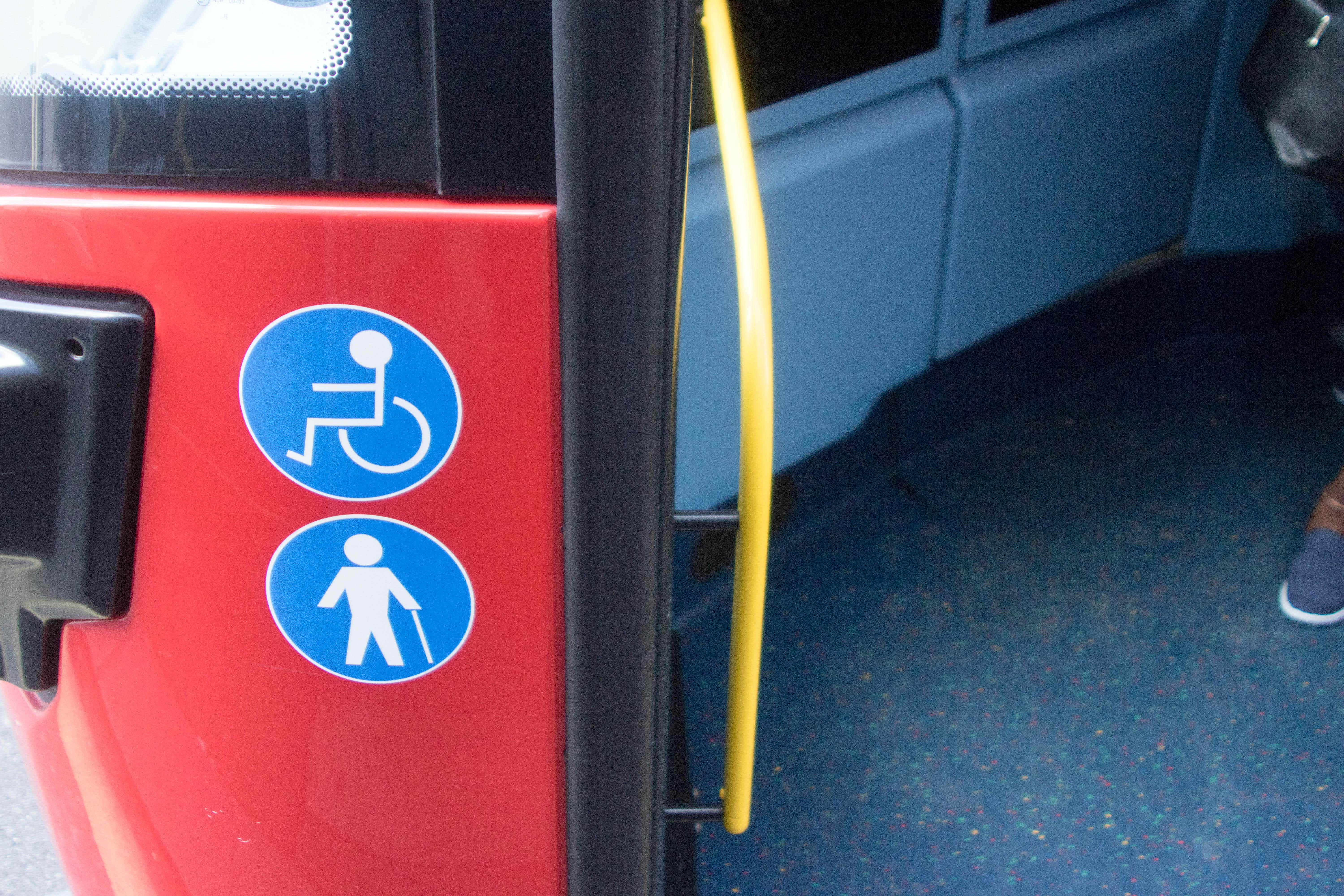Councils hit by ‘completely unsustainable’ annual bill for free bus passes
The Local Government Association warned that the cost of the scheme is putting services at risk.

Your support helps us to tell the story
From reproductive rights to climate change to Big Tech, The Independent is on the ground when the story is developing. Whether it's investigating the financials of Elon Musk's pro-Trump PAC or producing our latest documentary, 'The A Word', which shines a light on the American women fighting for reproductive rights, we know how important it is to parse out the facts from the messaging.
At such a critical moment in US history, we need reporters on the ground. Your donation allows us to keep sending journalists to speak to both sides of the story.
The Independent is trusted by Americans across the entire political spectrum. And unlike many other quality news outlets, we choose not to lock Americans out of our reporting and analysis with paywalls. We believe quality journalism should be available to everyone, paid for by those who can afford it.
Your support makes all the difference.English councils are being hit by a “completely unsustainable” annual bill of more than £450 million to prop up the free bus pass scheme, according to new analysis.
The Local Government Association (LGA), which calculated the figure, warned that the cost is putting services at risk.
Councils in England are legally required to reimburse bus operators for journeys made by older and disabled people who use a pass entitling them to free off-peak travel.
Our analysis shows that the scheme is not being adequately funded
The LGA said the total payments made across all councils were £452 million higher than the funding received from the Government in the last financial year.
Ahead of its annual conference in Bournemouth, Dorset next week, the LGA said the way the concessionary travel scheme is funded by Whitehall is unfit for purpose.
The cost reduces the amount councils can spend on discretionary bus services such as free peak travel, community transport services, reduced fares and school transport, the membership body warned.
LGA transport spokesperson Linda Taylor said: “The free bus pass is a lifeline for many in our communities. It allows many vulnerable residents to go shopping, pick up medication and attend doctors’ appointments.
“Our analysis shows that the scheme is not being adequately funded, leaving councils to try and find nearly half a billion pounds every year from their own overstretched budgets to keep it running. This is completely unsustainable.
“It is vital this scheme is properly funded so councils can protect bus routes and reinvest in local networks.
“By providing long-term funding for buses across the country, council can invest in improved services, attracting more people to use public transport.”
A Government spokesperson said: “The free bus pass is a manifesto commitment and we have recently announced a long-term approach to support and improve bus services with an additional £300 million over two years to support services, and a further £200 million to continue capping bus fares until November 2024 to help households with the cost of living”.
“We want to make sure councils in England have the resources they need to continue delivering vital frontline services, including the free bus pass, and that’s why they will benefit from almost £60 billion, to deliver vital frontline services with an average funding increase of 9.4% over this financial year.”
Meanwhile, the Department for Transport’s latest extension of the cap on bus fares comes into force on Saturday as part of the Government’s Help for Households initiative to provide cost of living support.
It was announced in May that single bus fares for many routes in England outside London would remain no more than £2 for a further four months from July 1.
The cap will rise to £2.50 from November 1 until the end of November 2024.
The extension of the promotion – first introduced on January 1 – is costing the Government up to £200 million.
A further £300 million is being invested in supporting operators to protect routes and improve services until 2025 despite the drop in passenger numbers since the start of the coronavirus pandemic.